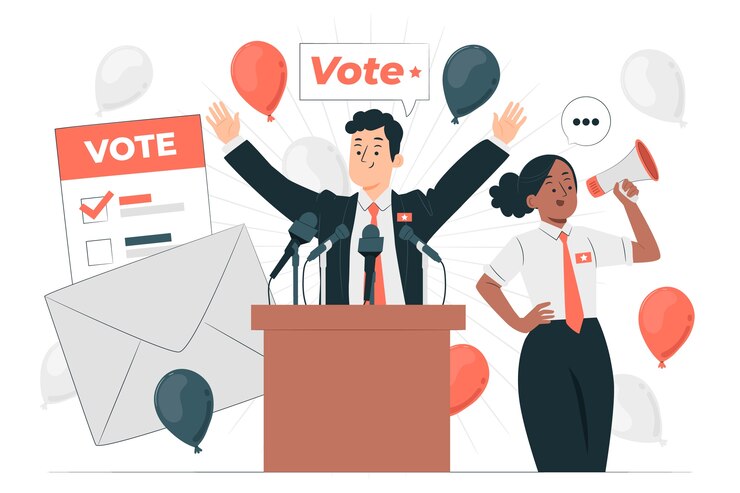Its that time of the year, when most people are getting ready for their campaigns and we are ready to help you out. In the landscape of modern politics, social media has become a game-changer.
At Techsculpt Solutions, we recognize the unparalleled potential of social media platforms to amplify campaign messages, engage voters, and drive political success. Here’s an exploration of how social media is reshaping political campaigns. Sit back and relax as we lead you through.
Reaching a Global Audience
Social media platforms like Facebook, Twitter, Instagram, and TikTok have billions of users. This massive reach enables political campaigns to connect with a global audience, transcending traditional geographic and demographic boundaries. For instance, during the 2020 U.S. Presidential election, Joe Biden’s campaign effectively used Facebook and Instagram to target key demographics across various states, resulting in high voter turnout.
Real-Time Communication
The immediacy of social media is a powerful tool for political campaigns. It allows for instant communication and rapid response to events. A prime example is Alexandria Ocasio-Cortez, who frequently uses Twitter to engage with her constituents in real-time, addressing their concerns and updating them on her activities. This real-time interaction builds a strong connection with voters and enhances transparency.
Engagement and Interaction
Social media facilitates direct engagement between candidates and voters. This two-way interaction is invaluable for building trust and relatability. For instance, during her 2016 campaign, Hillary Clinton utilized Facebook Live to host Q&A sessions, allowing voters to ask questions directly and receive real-time responses, creating a sense of involvement and engagement.
Cost-Effective Advertising
Social media advertising is more cost-effective compared to traditional media. Targeted ads can reach specific demographics efficiently. During the 2019 Indian general election, Prime Minister Narendra Modi’s campaign leveraged Facebook’s targeted advertising to reach young voters, resulting in significant engagement and support without the high costs associated with traditional media.
Data-Driven Campaigning
Social media platforms provide extensive data analytics, enabling campaigns to fine-tune their strategies. For example, Donald Trump’s 2016 campaign utilized data analytics from social media to understand voter preferences and tailor their messages accordingly. This data-driven approach allowed for more effective and personalized communication with potential voters.
Power of Visual Content
Visual content is highly engaging and shareable. Platforms like Instagram and TikTok are ideal for sharing campaign rallies, speeches, and personal moments. For example, New Zealand Prime Minister Jacinda Ardern frequently shares candid moments and policy updates on Instagram, humanizing her and making her more relatable to voters.
Viral Potential
The viral nature of social media can significantly amplify campaign messages. A well-crafted post or video can reach millions within hours. For instance, Barack Obama’s “Four more years” tweet featuring a picture of him embracing Michelle Obama became the most retweeted post of 2012, illustrating the viral power of social media in politics.
Mobilizing Grassroots Support
Social media is crucial for organizing grassroots movements. Campaigns can use platforms to coordinate volunteers, organize events, and encourage voter registration. The Women’s March in 2017, organized primarily through Facebook and Twitter, mobilized millions worldwide, demonstrating social media’s power in grassroots organizing.
Influencer Collaborations
Partnering with influencers can expand a campaign’s reach and credibility. Influencers with large followings can sway public opinion. During the 2020 election, several TikTok influencers openly supported candidates, using their platforms to advocate for voter registration and participation, significantly impacting youth voter turnout.
Crisis Management
Social media enables rapid response to crises. Campaigns can quickly address misinformation or controversies. For example, during the 2016 Brexit referendum, both the Leave and Remain campaigns used Twitter and Facebook to counteract misinformation and control the narrative, highlighting the importance of social media in crisis management.
At Techsculpt Solutions, we understand that the power of social media in modern political campaigns is transformative. Its ability to reach vast audiences, facilitate real-time communication, and drive data-driven strategies makes it an essential tool for any political campaign. By leveraging social media effectively, campaigns can build strong connections with voters, mobilize support, and achieve electoral success. Let Techsculpt Solutions help you harness the full potential of social media, turning your political aspirations into reality.



